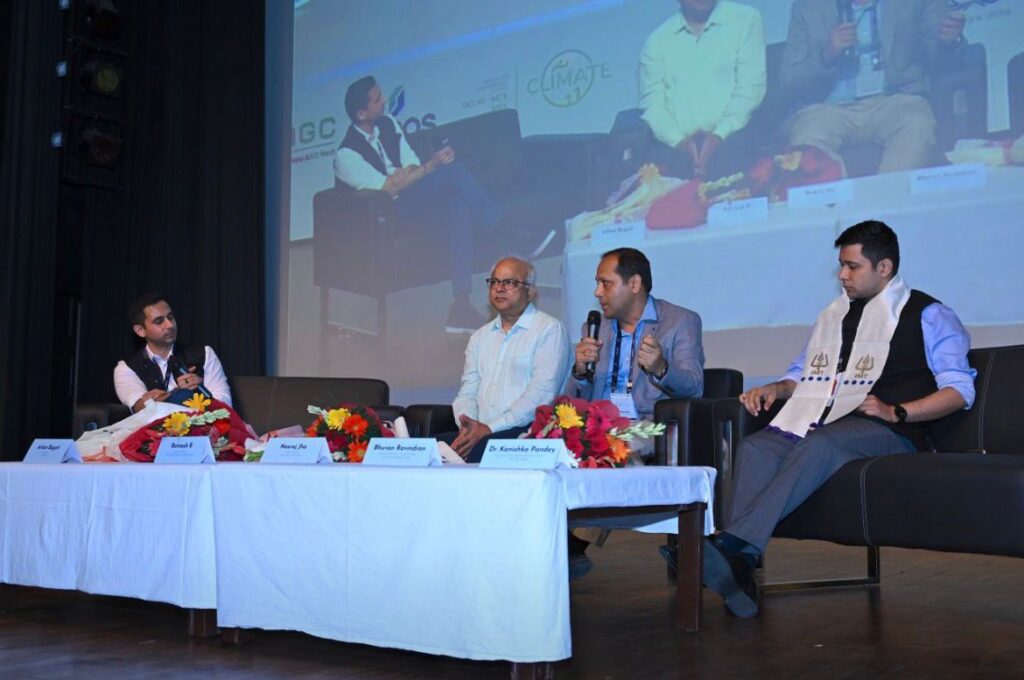On 2nd September, IMT Ghaziabad hosted the Climate 11 Summit in Delhi Edition, by unveiling the Delhi Declaration on Sports & Climate Action.
In a powerful convergence of minds, the Climate 11 Summit brought together top professionals, policymakers, athletes, and environmental advocates from around the globe to discuss one of the most pressing issues of our time — climate change. What made this summit unique was its focused lens: the intersection of sports and environmental sustainability, with a spotlight on India’s emerging leadership in implementing climate policy.
Sports as a Platform for Climate Advocacy
Sport transcends boundaries — cultural, geographical, and political. Recognizing this, the Climate 11 Summit emphasized how sports can act as a catalyst for environmental awareness and change. From green stadiums to zero-waste events, discussions revolved around integrating sustainable practices into the global sporting ecosystem.
Athletes and sports organizations are increasingly becoming influential voices in climate advocacy. Their visibility and reach allow them to not only lead by example but also educate and mobilize fans.
Adding to this, Piara Powar and David highlighted that “India can lead the way for sustainable stadiums of the future, which can help reduce the carbon footprint.” This perspective underscored the role of infrastructure in shaping a greener sporting culture.

At the recent Climate 11 Summit, I had the opportunity to speak with Shamim Meraj, the founder of Climate 11, a football club rooted in one of India’s most ecologically sensitive regions. In our conversation, Meraj emphasized the unique power footballers hold in driving climate awareness, especially among youth.
“Players are more than just athletes — they’re role models,” he said. “Fans, especially young ones, look up to them. If a footballer speaks about sustainability, people listen.”
He explained how clubs like 1 Ladakh FC are beginning to embed climate consciousness into the club culture, from waste reduction during matches to using their digital platforms to spread awareness. “It’s not just about playing the game anymore,” he added. “It’s about using the influence of sport to inspire change.”
Meraj believes that as football continues to grow in India, clubs and players have a major role to play in shaping public opinion and behaviour — especially in remote regions where climate change is already visible.


